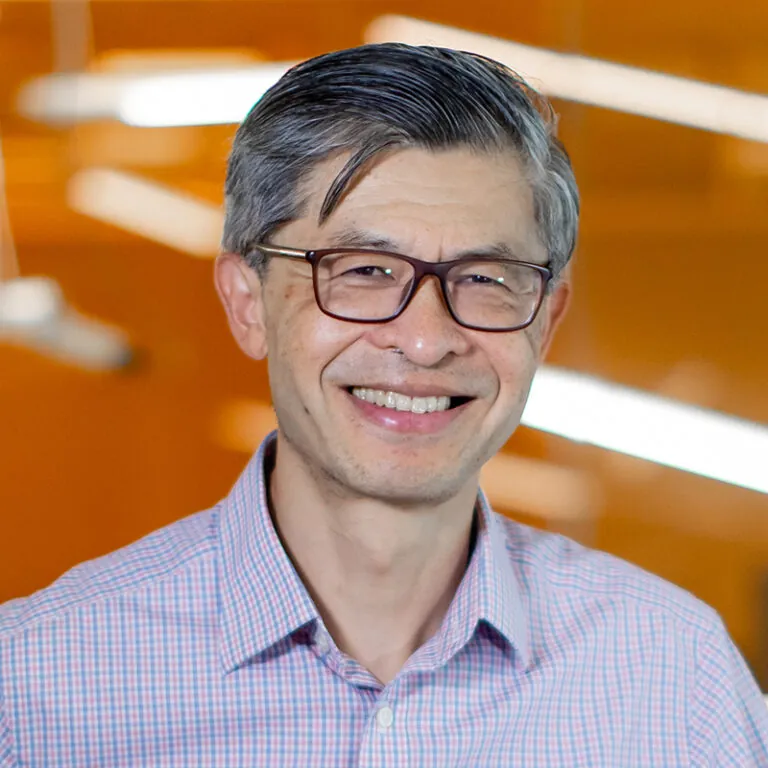
Sui Huang, MD, PhD
Professor
ISB
Make Selection
-
- Biography
- Education
- Expertise
- Publications
Dr. Sui Huang is a molecular and cell biologist with a strong background in theoretical biology. He has devoted his research to understanding the very phenomenon of cancer from a complex systems perspective. Life scientists now readily acknowledge that the “whole is more than the sum of its parts” but the question is: What exactly is the “more” that we need in order to understand the “whole”? Can this abstract philosophical notion be reduced to a rigorous formal concept and concrete molecular entities? Pursuing this question has guided Dr. Huang‘s research in cancer and cell biology over the past decade. Before joining the ISB in fall 2011, Dr. Huang held faculty positions at the University of Calgary (Institute of Biocomplexity and Informatics), where he helped establish biocomplexity as a discipline in research and teaching, and at Harvard Medical School (Children’s Hospital) where he obtained first experimental evidence for the existence of high-dimensional attractors in mammalian gene regulatory networks.
Sui Huang grew up in Geneva and Zurich. He received his MD degree from the University of Zurich and obtained thereafter, as the first recipient of the PhD-Program-for-Physicians Award of the Swiss National Science Foundation, his PhD in molecular biology and physical chemistry for work on interferons. As a postdoctoral fellow at Children’s Hospital Boston he investigated tumor angiogenesis and cell growth control. In that period he also studied dynamical systems through his affiliation with the New England Complex Systems Institute.
Seeing how both interferons and anti-angiogenic agents have failed to live up to their celebrated promise of curing cancer has had a lasting impact on Dr. Huang’s views. The humbling recognition of the profound complexity of the living state fostered the desire to overcome the orthodoxy of reductionist, monocausal and deterministic thinking that prevailed in biomedicine and to put to use his knowledge of complex systems theory in his experimental research. Time was ripe in the late ’90s because the arrival of the “omics technologies” and systems biology paved the way towards this interdisciplinary approach. With his move to the ISB, Dr. Huang continues to unite experiment and theory to gain insights in the essence of multi-cellularity and cancer.
MD, University of Zurich
PhD, Molecular Biology and Physical Chemistry, University of Zurich
Molecular and cell biology, cancer biology, gene regulatory networks and theory of complex systems